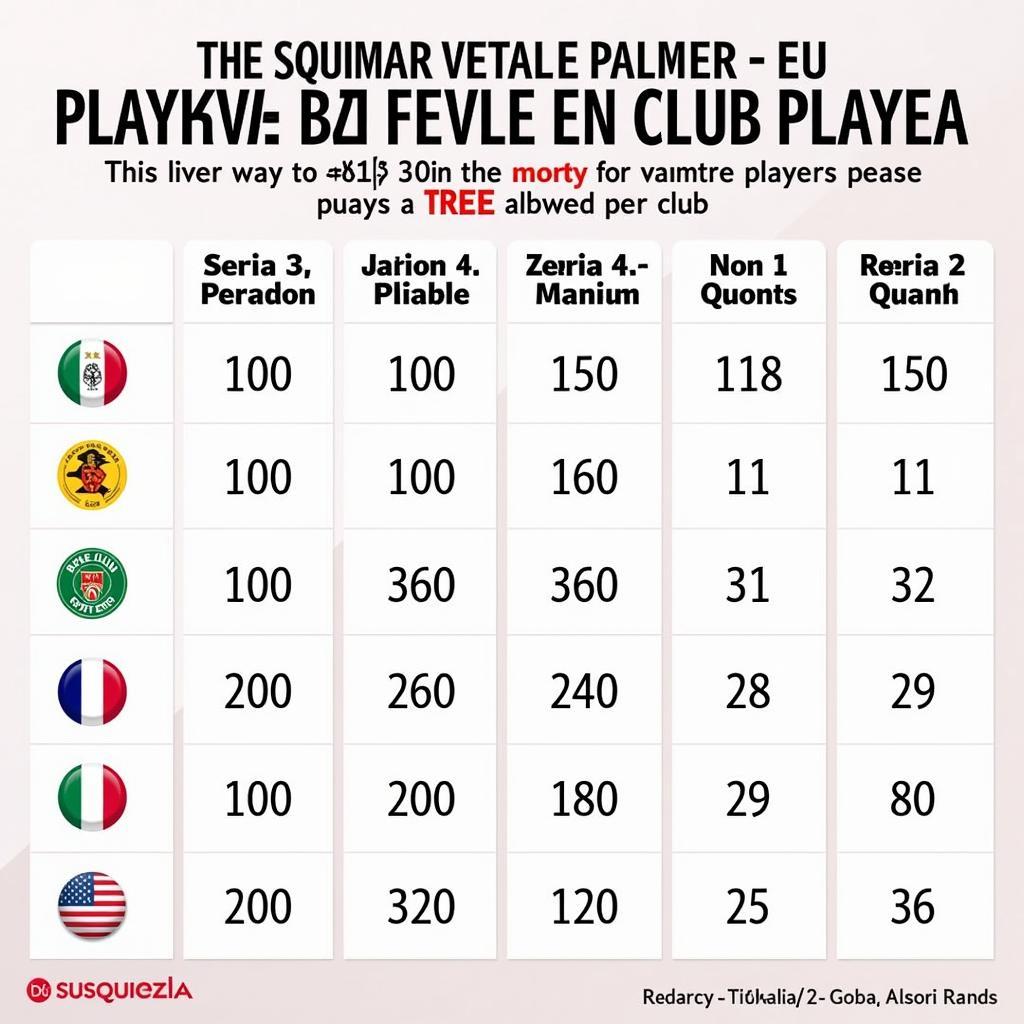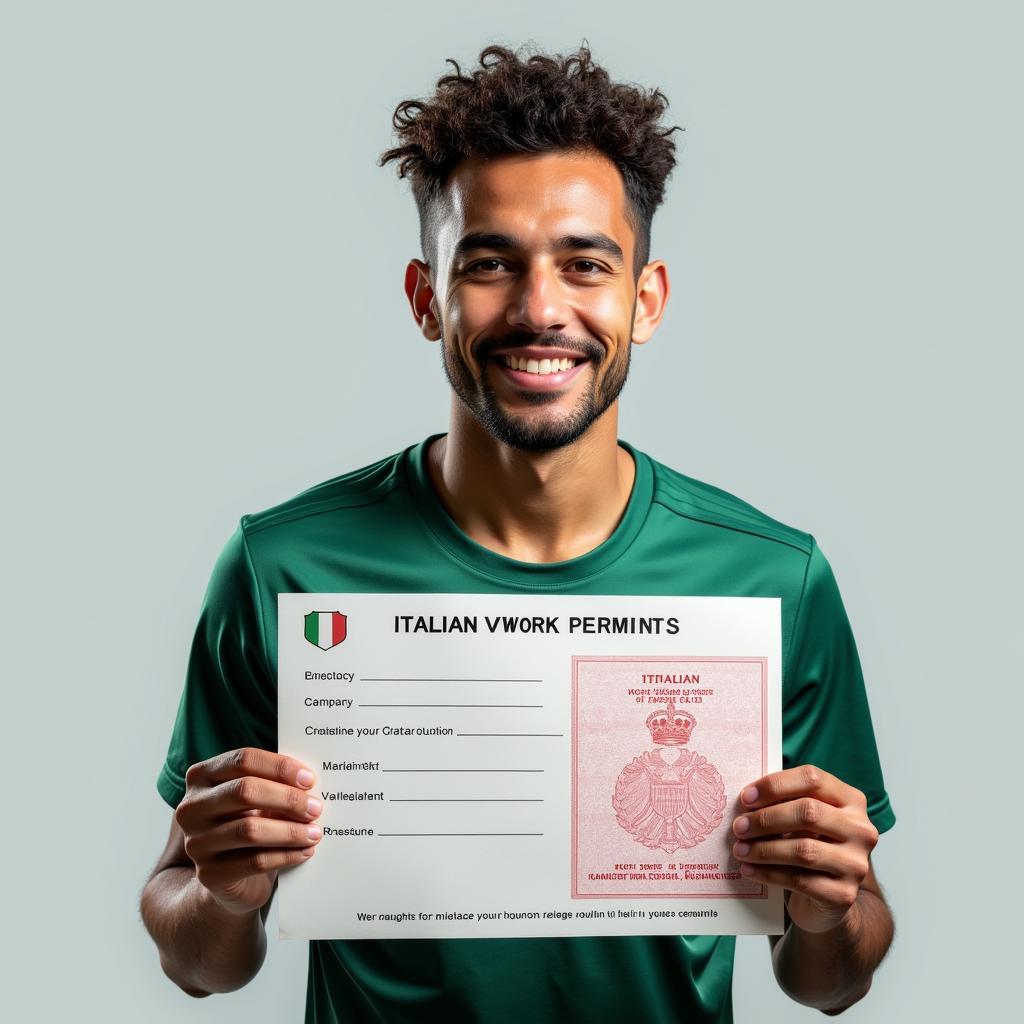As a professional footballer, I understand the complexities and nuances of transferring to a new club, especially when it involves moving across continents. The Italian league, Serie A, has always been a dream for many players, including those from outside the European Union (EU). If you’re a non-EU footballer aiming to make your mark in Italy, it’s crucial to be aware of the specific regulations governing your eligibility to play.
Navigating the world of football transfers requires a keen understanding of the rules and regulations, and this is particularly true for non-EU players seeking opportunities in Italy. The Italian Football Federation (FIGC) has established specific guidelines that dictate the number of non-EU players a club can sign and the requirements players need to meet.
Understanding the Non-EU Player Quota
One of the first things to understand is the concept of the “non-EU player quota.” This quota system limits the number of non-EU players each Serie A club can register each season. The FIGC sets the specific quota, and it can fluctuate slightly from year to year.
 Serie A Non-EU Player Quota
Serie A Non-EU Player Quota
Routes to Obtaining Eligibility
There are several pathways for non-EU players to gain eligibility to play in Italy:
1. EU Passport or Ancestry
The most straightforward path is holding a passport from an EU member state. Additionally, players with ancestry from an EU country may be eligible for citizenship, which would grant them the same rights as EU players.
2. Securing an EU Work Permit
Non-EU players without an EU passport need to obtain a work permit to play in Italy. This process typically involves the Italian club applying for the permit on the player’s behalf.
3. Meeting Specific Criteria
The FIGC has outlined certain criteria that, if met, can make a non-EU player eligible for a work permit:
- Exceptional Talent: Players demonstrating exceptional skills and potential, often evidenced by their international caps or previous club performance, may qualify.
- Significant Transfer Fee: A high transfer fee paid by the Italian club can sometimes sway the decision in favor of granting a work permit.
- Young Player Rule: There are specific rules for players under a certain age, often allowing them to join Italian clubs more easily as they are deemed to be in developmental stages.
 Obtaining an Italian Work Permit for Football
Obtaining an Italian Work Permit for Football
Key Considerations and Challenges
- Language Barrier: Adapting to life in Italy also means learning Italian, which is crucial for communication on and off the pitch.
- Cultural Adjustment: Embracing the Italian culture and lifestyle will help with integration into the team and the community.
- Legal Assistance: It’s highly advisable to seek professional legal counsel specialized in sports law to navigate the intricacies of the regulations and ensure a smooth transition.
Conclusion
Playing in Serie A is an exciting opportunity for any footballer. For those outside the EU, understanding and meeting the specific regulations set by the FIGC is paramount. By carefully considering the available pathways, seeking expert advice, and being prepared for the challenges, non-EU players can increase their chances of fulfilling their dreams on the Italian stage.